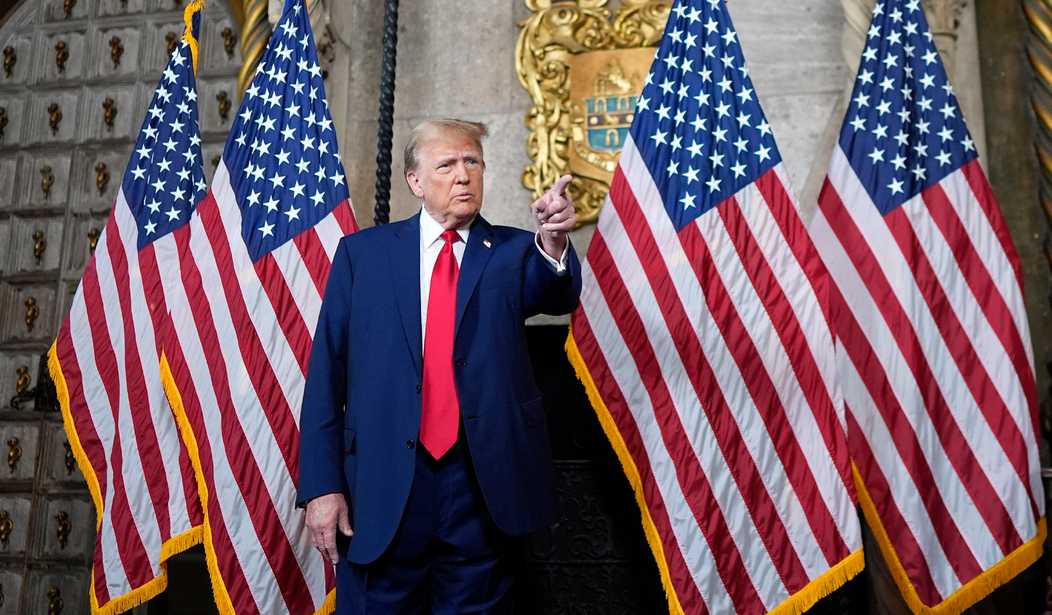President Joe Biden is a slave to China and a weak commander-in-chief who has close ties to the Communist Chinese Party. China has also played a heavy-handed role in the Biden crime family’s multi-million dollar business venture, according to documents released by House Oversight Committee Chairman James Comer (R-KY).
With all that being said, a Chinese Communist advisor is sounding the alarm that if former President Trump is elected president in November, it could provoke a “confrontation.”
Jia Qingguo, a member of the committee of the Chinese People’s Political and Consultative Conference (CPPCC), warned that Trump’s approach is harsher toward foreign countries than Biden's, saying that the Democrat would be better for Beijing.
“A Trump victory would have a relatively big impact on U.S.–China ties. Judging from his behavior during his first term and subsequent statements, his attitude and approach toward China are tougher and more unrestrained than Biden’s,” Qingguo said.
Qingguo added that Trump is “relatively reckless and emotional,” explaining that under a Trump Administration China cannot afford to adopt a “tit-for-tat approach.”
He continued to criticize Trump, calling him a “terrible precedent.” Via the National Review.
Commenting further on Trump, he added: “He then said that the [U.S.’s] ‘One-China policy’ could not be granted for free, meaning that ‘you, China, still have to give me something in return.’ After the outbreak of the Covid-19 pandemic, he himself did not handle [this issue] properly and then dumped the blame on China.”
Jia accused Trump of playing up “the Taiwan issue” by sending officials to the country. He “even made preparations for his Secretary of State Mike Pompeo to visit the island,” he said. “If that visit had gone ahead, it would [have] inevitably led to a fierce clash between China and the U.S.”
Trump’s reelection would probably lead to “severe friction and confrontation” with China, Jia predicted.
However, he acknowledged that a Biden victory would also be problematic because it would lead to “continuous friction and quite a few conflicts between the U.S. and China.”

